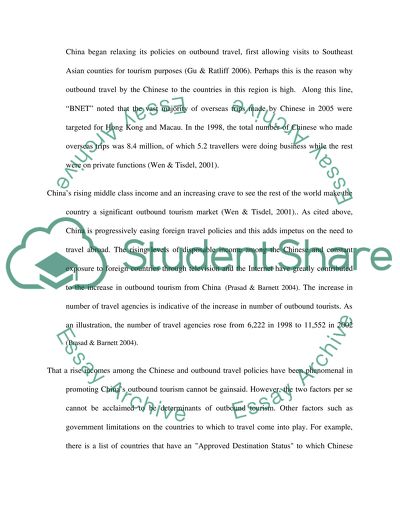Cite this document
(Europe Must Do More for Its Chinese Guests Term Paper, n.d.)
Europe Must Do More for Its Chinese Guests Term Paper. Retrieved from https://studentshare.org/tourism/1499509-outbound-tourism-from-china
Europe Must Do More for Its Chinese Guests Term Paper. Retrieved from https://studentshare.org/tourism/1499509-outbound-tourism-from-china
(Europe Must Do More for Its Chinese Guests Term Paper)
Europe Must Do More for Its Chinese Guests Term Paper. https://studentshare.org/tourism/1499509-outbound-tourism-from-china.
Europe Must Do More for Its Chinese Guests Term Paper. https://studentshare.org/tourism/1499509-outbound-tourism-from-china.
“Europe Must Do More for Its Chinese Guests Term Paper”, n.d. https://studentshare.org/tourism/1499509-outbound-tourism-from-china.


